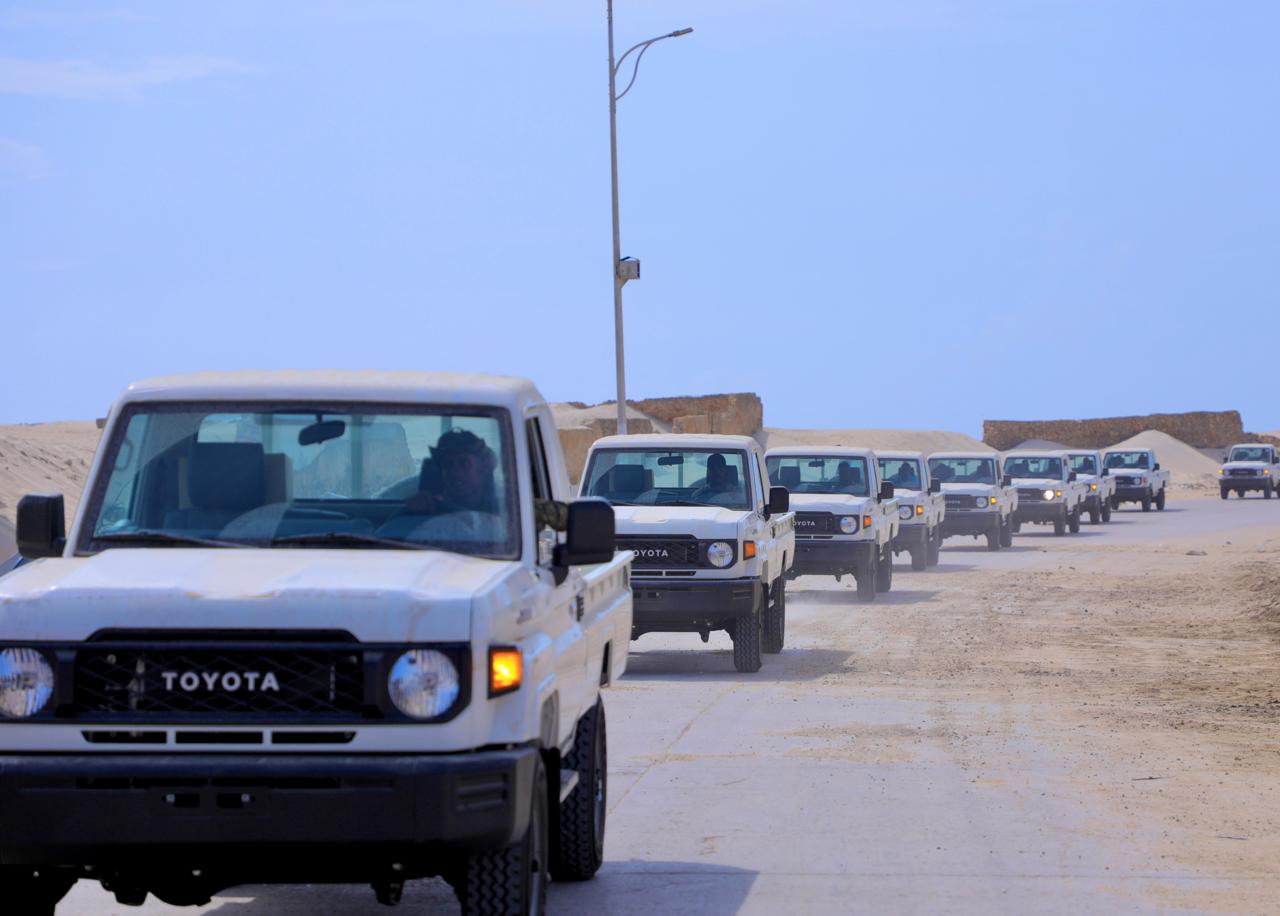Forced labor generates $236 billion a year in illegal profits, a dramatic increase of $64 billion since 2014, a new study by the International Labor Organization reported on Tuesday.
The study said the increase is due to a growing population of people forced into labor and the correlation between higher levels of exploitation and higher profits. Traffickers and criminals who use forced labor can generate around $10,000 per victim.
The most prevalent use of forced labor is commercial sexual exploitation, the study found. While accounting for 27% of the total number of forced labor victims, forced sexual exploitation accounts for 73% of total illegal profits. Nearly four in five of those victims were girls or women, the United Nations labor agency said, with children accounting for over a quarter of total cases.
The International Labor Organization, or ILO, reported that approximately 85% of those affected by forced labor were engaged in “privately imposed forced labor,” encompassing practices such as slavery, serfdom, bonded labor and certain forms of begging in which the proceeds benefit someone else. The rest were in forced labor imposed by government authorities, such as prison labor, which was not included in the ILO study due to limited data.
“The ILO certainly decries instances of state-imposed forced labor wherever they occur, whether that’s in prison systems or the abuse of military conscription or other forms or manifestations of state and post forced labor,” said Scott Lyon, an ILO senior policy officer.
While the European Union’s parliament is close to enacting rules to combat forced labor, the global community is not close to accomplishing the U.N. goals to eradicate forced labor by 2030.
ILO Director-General Gilbert Houngbo urged international cooperation to deal with the pressing issue.
“People in forced labor are subject to multiple forms of coercion, the deliberate and systematic withholding of wages being amongst the most common,” he said in a statement. “Forced labor perpetuates cycles of poverty and exploitation and strikes at the heart of human dignity.
“We now know that the situation has only got worse,” Houngbo said.
Some information for this report came from The Associated Press.










